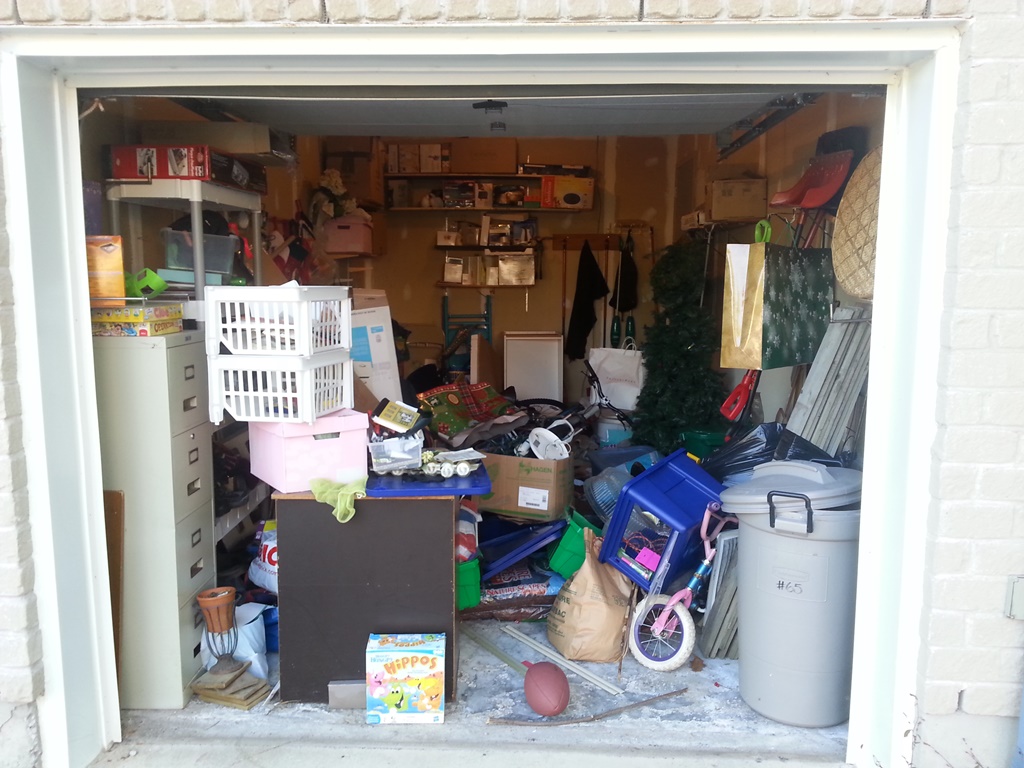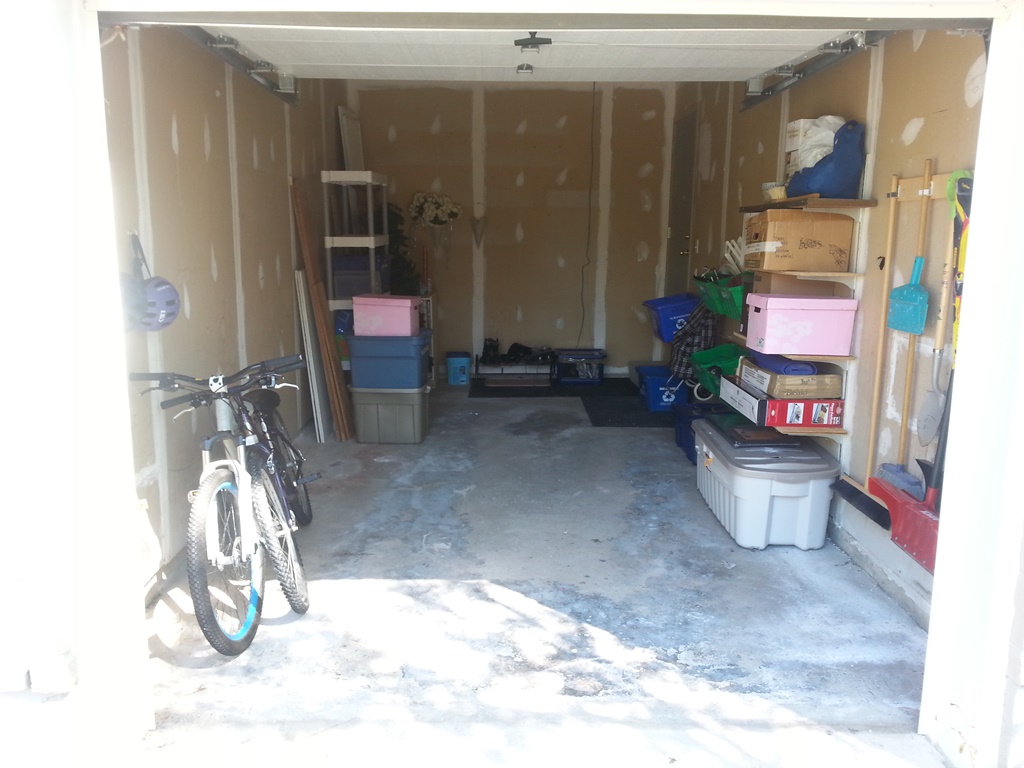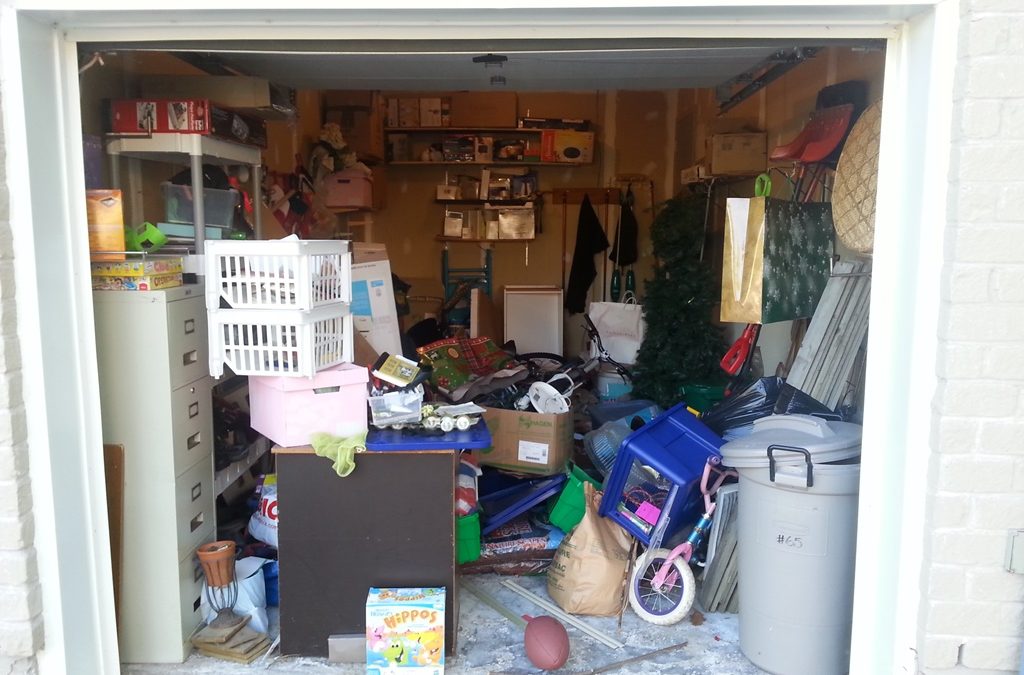Advice for Helping Someone Who Has Clutter.


We get asked a lot, “How can I help someone who has clutter?”
Finally, I compiled our top 6 pieces of advice. And like with all advice, take the pieces that speak to you and leave the rest. There are no one-size-fits-all solutions when it comes to clutter. Relationships can also vary greatly which might alter your approach. For example, our advice for someone you live with is much different than for someone you work with.
And if you do know someone with clutter the best behaviours you can have towards them are: being empathetic & showing concern, setting clear limits, and using a great deal of patience.
The most problematic behaviours you can have towards them are: being frustrated, supporting the disorder, making excuses for a loved one, and associating relationship dissatisfaction.
Either way, here are some tips.
1. Acknowledge Who Has the Problem
The truth is that often times the issue with things is really your own. So first we want to make sure everyone is on the same page about how we define clutter and next, what levels are considered to be a safety issue. Compare some spaces visually using The Clutter Image Rating Scale — anything that compares to a 5 or higher on the scale is an indicator that clutter could be a problem.
If you share the spaces with this person, but it turns out they’re not too high on the clutter image rating scale, then maybe you need to relax your expectations. Setting boundaries for your own space will also help everyone maintain spaces that they can enjoy. Remember, it’s not a crime to be messy or have piles… some people, in fact, enjoy “crowded” spaces, but it’s Okay to ask that your areas are not affected.
2. Use Inspiration to Create Change
One of the most difficult steps in the process of clearing clutter is actually letting it go. Often times the person with clutter knows they want to change, but still find it challenging to get started (or even talk about it). We’ve found that starting with motivational stories and videos can sometimes be a great tool for starting a conversation. Here are 4 Ted Talks that really get the juices flowing.
3. Can They See Their Clutter?
Clutter blindness is a real condition. Over time we get used to our environment and become “blind” the potential issues that affect others, but not ourselves… well, at least we think it doesn’t affect us. One exercise we use with our clients to help them see their clutter is this: We meet at a neutral location, like a cafe, and show them a photograph of their space. Often times they’re shocked at what they see, which wasn’t obvious to them when they were actually in their space. Here are 3 signs that a person could have clutter blindness.
4. Their Stuff is Important
We absolutely have to stress the importance of you understanding what it’s like to be in their shoes. It is very important that you don’t minimize their attachment to their belongings. Remember the old adage, “one man’s trash is another man’s treasure.” You may not fully understand the reasons why they keep what they do, but it’s important to recognize they at one time or another valued it. Here is a great video for learning about why we keep stuff we don’t need.
When you come from a place of respect for their belongings trust can be established. Establishing trust is very important for helping them move forward with deciding what stays and what goes. And from there, they are more likely able to agree to boundaries and find homes for the items they truly use and love.
5. Help Them See the Costs of Clutter
We don’t know many people who enjoy losing money, time, or energy. Helping a person find ways to eliminate frustrations and save more money, time, and energy could be your gateway into helping them deal with their clutter. Here are some great tools to help you with that.
6. Promote Their Passion
The number one reason we have found success with clients overcoming their clutter is because they see the potential to pursue their passions. When the clutter is gone, there is more time and space to do the things they love. So help them remember the things that make them happy. Here is a great tool to get started. When people start doing things they love, somehow harder tasks (like letting go of clutter) become easier to accomplish because there is light at the end of the tunnel.
As I mentioned at the beginning of the post, there are no one-size-fits-all solutions for clutter. However, hopefully, you have found some starting points that can assist you in your journey. If you enjoy listening to advice here is a video of Emilio sharing an experience he had at a workshop.
Cure your clutter, live your life
Receive our weekly newsletter for support and tips for getting organized.
Hit "JOIN" to add your name and email
15,356 Students are already changing their lives by watching our online courses. Join the most empowered group of learners today!
We offer a 30 day money back guarantee, so joining is Risk-Free.

